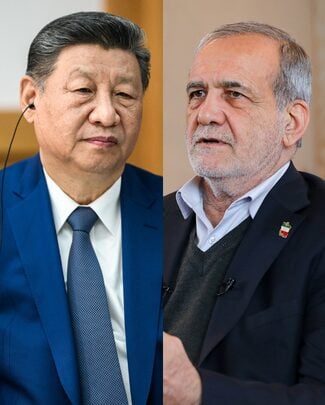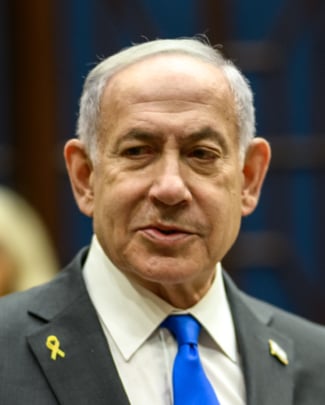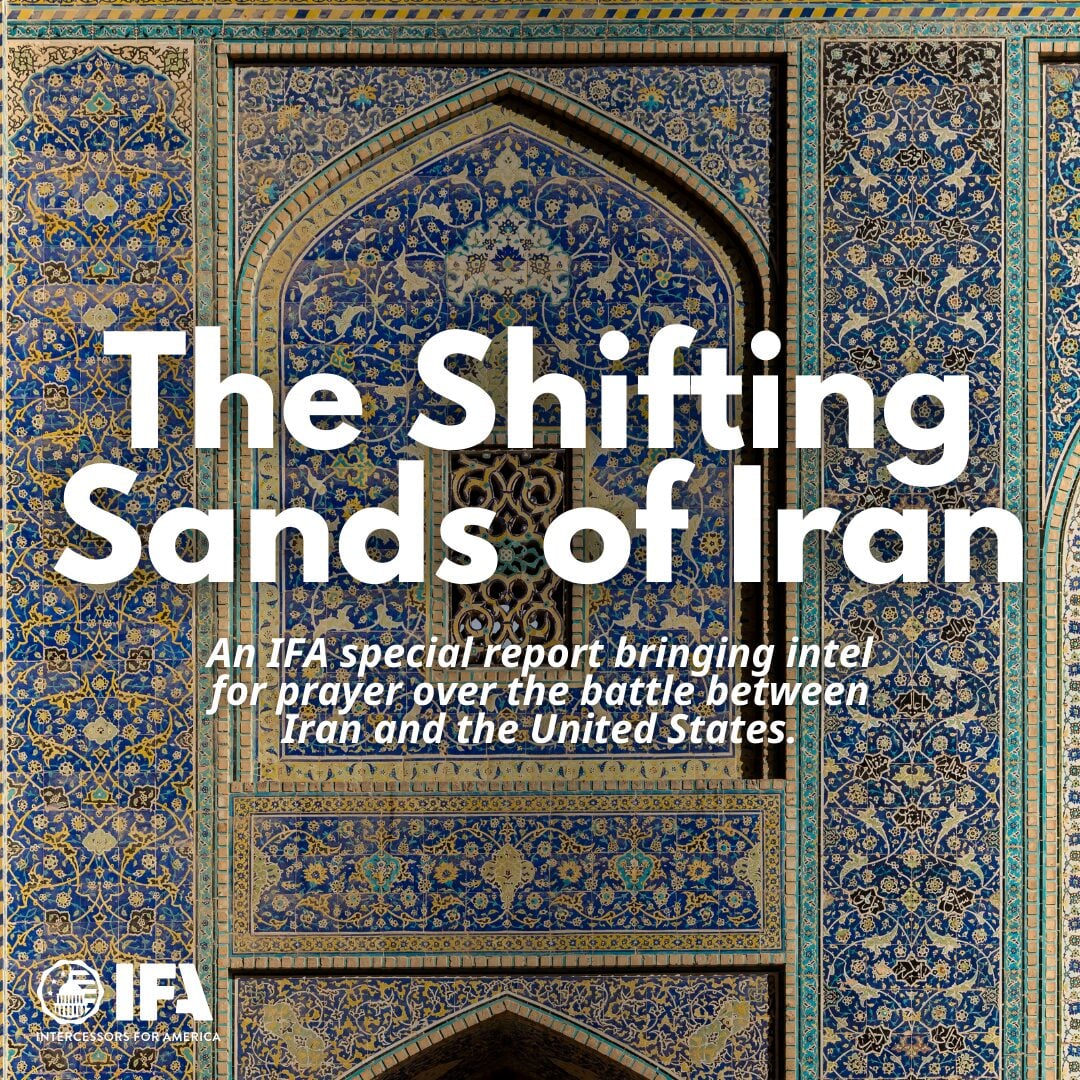The Russian Gas Crisis in Europe
The Russian Gas Crisis in Europe
In his first strike back against the west, Putin is refusing to sell fossil fuels to European countries that don’t pay in rubles.
From The Wall Street Journal. As the war in Ukraine rages, an energy battle is spreading across Europe, with countries racing to replace Russian fossil fuels while Moscow cuts off gas supplies to some nations and threatens others with the same.
The European Union vowed on Wednesday to continue to phase out purchases of Russian gas, support countries affected by Russian countermoves and speed up the switch to renewable energy in response to Russia’s decision to halt gas flows to Poland and Bulgaria.
Russian energy giant Gazprom PJSC said it had not received payment in rubles for gas sales to Poland and Bulgaria, as required by a new decree by President Vladimir Putin. EU officials accused Moscow of using energy as a political weapon. The speaker of Russia’s State Duma, Vyacheslav Volodin, said on Wednesday that Moscow should expand the measures against other nations that it deems unfriendly.
Two months into Russia’s war on Ukraine, EU countries are accelerating their efforts to replace Russian oil and gas. Steps by Germany and other national governments to switch suppliers are now proceeding rapidly, threatening to diminish Russia’s hitherto most lucrative source of foreign earnings….
The EU is debating potential sanctions on Russian oil, including a full but phased-in embargo, but national measures by European countries are creating new facts on the ground faster than the negotiations in Brussels….
Many European countries have been scrambling to line up alternative gas supplies for next winter’s heating season, mainly liquefied natural gas imported from the U.S. and the Middle East, and gas piped in from Norway and North Africa. The EU aims to head into next winter with its gas storage facilities 80% full and to slash its purchases of Russian gas by two-thirds by the end of this year.
The European Commission, the EU’s executive arm, is likely to make proposals next week for a sixth round of economic sanctions against Russia for its invasion of Ukraine, including an embargo on oil or other measures to cut Moscow’s revenues from oil sales. Several member states including Germany and Hungary have so far resisted a full embargo. But European demand for Russian oil is plummeting anyway….
Exxon Mobil Corp., which owns six refineries in continental Europe, said it has decided not to sign new contracts for Russian crude oil since the Feb. 24 invasion. The company was previously a big buyer of Russian crude….
Mr. Putin demanded last month that countries deemed hostile to Moscow, including EU members, pay for gas in rubles. Gas contracts are usually denominated in dollars or euros. A subsequent Kremlin decree tweaked the order: Customers had to pay in euros or dollars to Russia’s Gazprombank, which would convert the money into rubles and send them on to Gazprom itself. The EU has said its sanctions don’t prevent companies from doing that.
Some European officials said Russia’s move against Poland and Bulgaria was likely not about payment modalities but was a warning aimed at all EU members that are sending weapons to Ukraine….
In Berlin, the government of Chancellor Olaf Scholz is accelerating investments in renewable energy and building LNG terminals. In the event of a full shutdown of Russian gas inflows, Germany would need to ration energy and suspend some industrial activity, according to analysts. The country’s leading economic think tanks said in a report earlier in April that Germany would enter a sharp recession if Russian energy deliveries are completely cut off.
Russia’s move against Poland and Bulgaria is being watched closely in Italy, the second-largest buyer of Russian gas after Germany. Italy has already started to wean itself off Russian gas: the country’s imports so far in April are about half the level of the same month last year.
Italian Prime Minister Mario Draghi and his foreign minister have crisscrossed Africa in the past month in search of deals to increase gas supplies from countries including Algeria, Mozambique and Angola.
Moscow has long used gas as a way to achieve its geopolitical aims. Last fall, Russia withheld deliveries to Europe from the short-term gas spot market despite a global shortage. It also kept the level of storage sites it controlled across the continent at low levels, helping to push prices to record highs. European lawmakers called for a probe into Russia’s manipulation of the market. Mr. Putin at the time dismissed criticism of the Kremlin’s energy tactics as “politically motivated blather.”
How are you praying about the weaponization of energy in Europe? Share your thoughts and prayers in the comments!
(Excerpt from The Wall Street Journal. Photo Credit: Canva)
Partner with Us
Intercessors for America is the trusted resource for millions of people across the United States committed to praying for our nation. If you have benefited from IFA's resources and community, please consider joining us as a monthly support partner. As a 501(c)3 organization, it's through your support that all this possible.


We use cookies to ensure that we give you the best experience on our website. If you continue to use this site we will assume that you are happy with it. Privacy Policy





Comments
No comments have been posted yet; you can be the first!